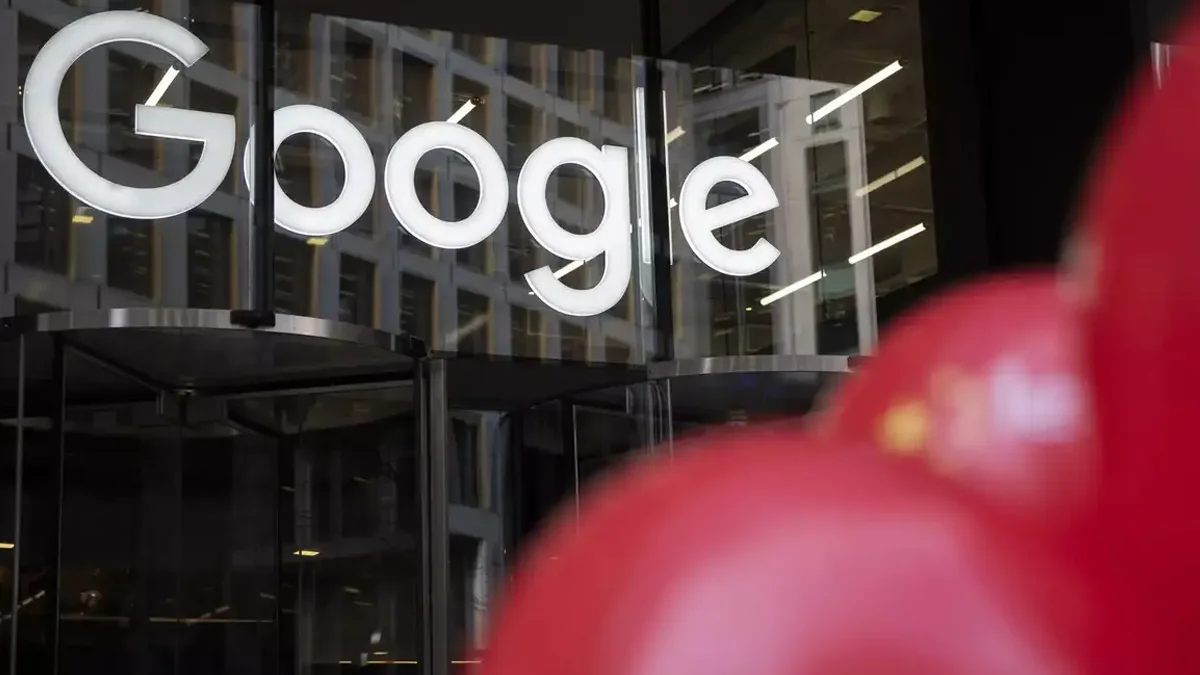Necessary Always Active
Necessary cookies are required to enable the basic features of this site, such as providing secure log-in or adjusting your consent preferences. These cookies do not store any personally identifiable data.
|
||||||
|
||||||
|
||||||
|

UK antitrust watchdog Competition and Markets Authority (CMA) has said it could compel Google into ranking enterprises fairly in search results, Reuters reported. This is the first time the regulator is applying its expanded powers with regard to Google’s SMS under UK law to oversight the world’s big techs.
The CMA plans to use its expanded regulatory authority to rein in US big techs, including Microsoft, Apple, Google, and Meat without stifling their growth or investment.
The CMA commenced a formal investigation into Google’s dominance in search and advertising. This is the first case that the regulator will be taking on under the newly enacted Digital Markets, Competition and Consumers Act 2024. Through the probe, the CMA will be seeking to establish whether Google should be designated the Strategic Market Status (SMS). This status is reserved for companies that wield significant power in digital markets.
Such a designation gives the CMA sweeping powers to enforce new conduct rules and implement pro-competition measures aimed at rebalancing market dynamics. The investigation will scrutinize Google’s market influence and its impact on UK businesses and consumers. Potentially, the investigation could determine how big techs are regulated under the UK’s tough digital oversight regime.
In the UK, millions of online users rely on Google to navigate the internet. Over 200,000 businesses depend on Google search ad services to reach customers. Overall, Google accounts for over 90% of search queries in the UK.
While acknowledging that the services offered by the search giant have benefited the country immensely, the CMA says it has identified ways to make the market more innovative and competitive.
“These targeted and proportionate actions would give UK businesses and consumers more choice and control over how they interact with Google’s search services – as well as unlocking greater opportunities for innovation across the UK tech sector and broader economy,” CMA Chief Executive Sarah Cardell said.
On June 2, the CMA said that it wants the strategic market status to apply to Google. With this status, the regulator will have more power to influence services in order to spur economic growth and drive innovation.
If this status is confirmed in October, the UK watchdog will be able to compel Google into ranking searches fairly. The Google search regulation will entail pushing the search giant into simplifying access to search services for competitors, be more transparent with publishers, and expand data portability for its rivals.
On June 24, the tech giant argued that the SMS designation does not apply to anti-competitive behaviour. The company also said CMA’s announcement poses a challenge to important aspects of its business in the UK.
“We’re concerned that the scope of the CMA’s considerations remains broad and unfocused, with a range of interventions being considered before any evidence has been provided,” Google’s Senior Director for Competition Oliver Bethell said.
However, the CMA said it had already developed a plan of the changes that Google needs to make before the final decision is made in October. The regulator also said that it has plans of taking further action against Google for anti-competitive practices and other complex issues in 2026. Some of these concerns include how the search giant treats rival search firms, search ad controls, and transparency concerns.
The CMA will be conducting a second investigation on big techs under its new powers. The probe will be focusing on mobile operating systems and will target the search giant as well as Apple.
During the investigation, Google could be targeted with a second designation focusing on its Android operating system. The regulator may also impose fines on Google if it fails to comply. Under the new powers, the CMA can enforce such fines directly.
In recent years, Google has faced increased regulatory scrutiny in the European Union and in the US. The probes span from its advertising, search, digital platforms, and AI practices. Last year, two US courts ruled that the search giant had monopolised online ads and search businesses. In March this year, the European Commission accused the search giant of breaking the EU digital rules.